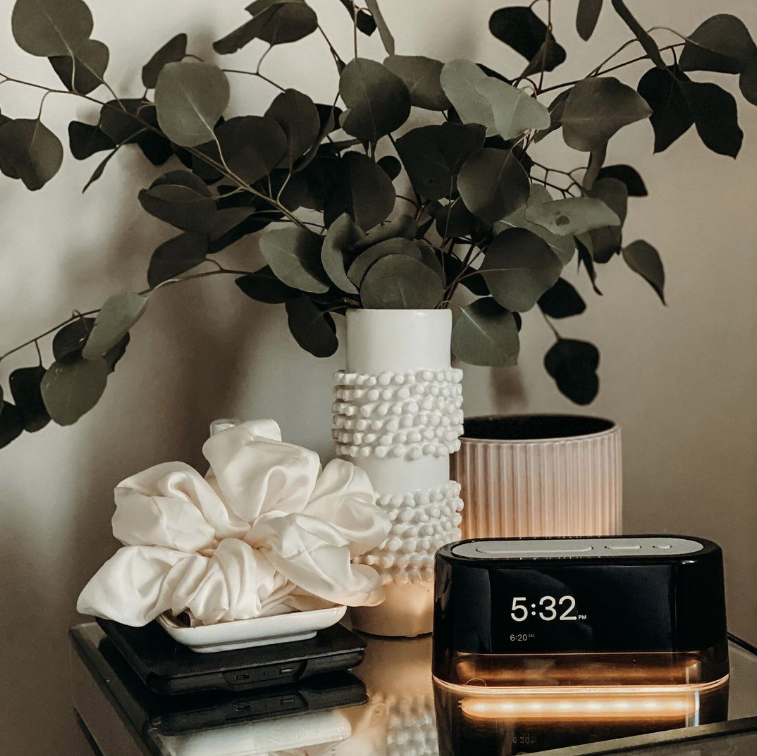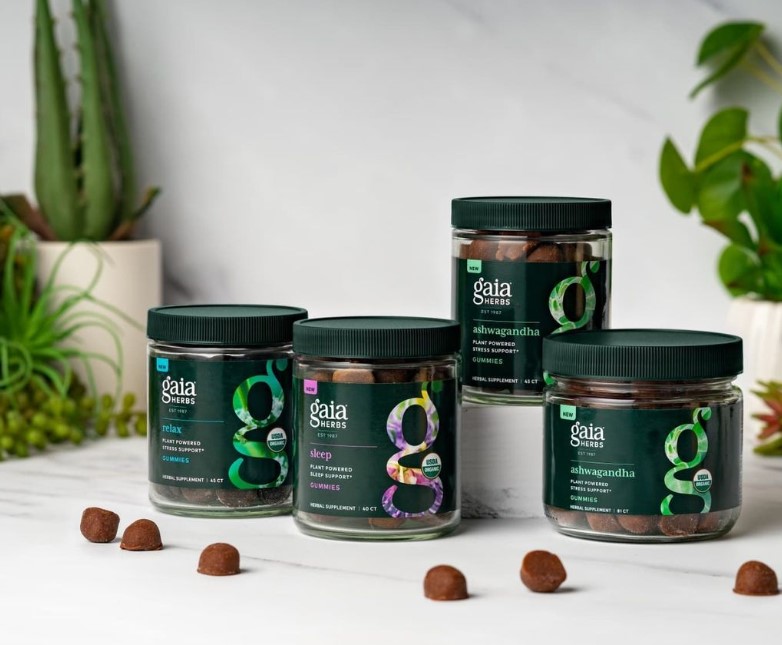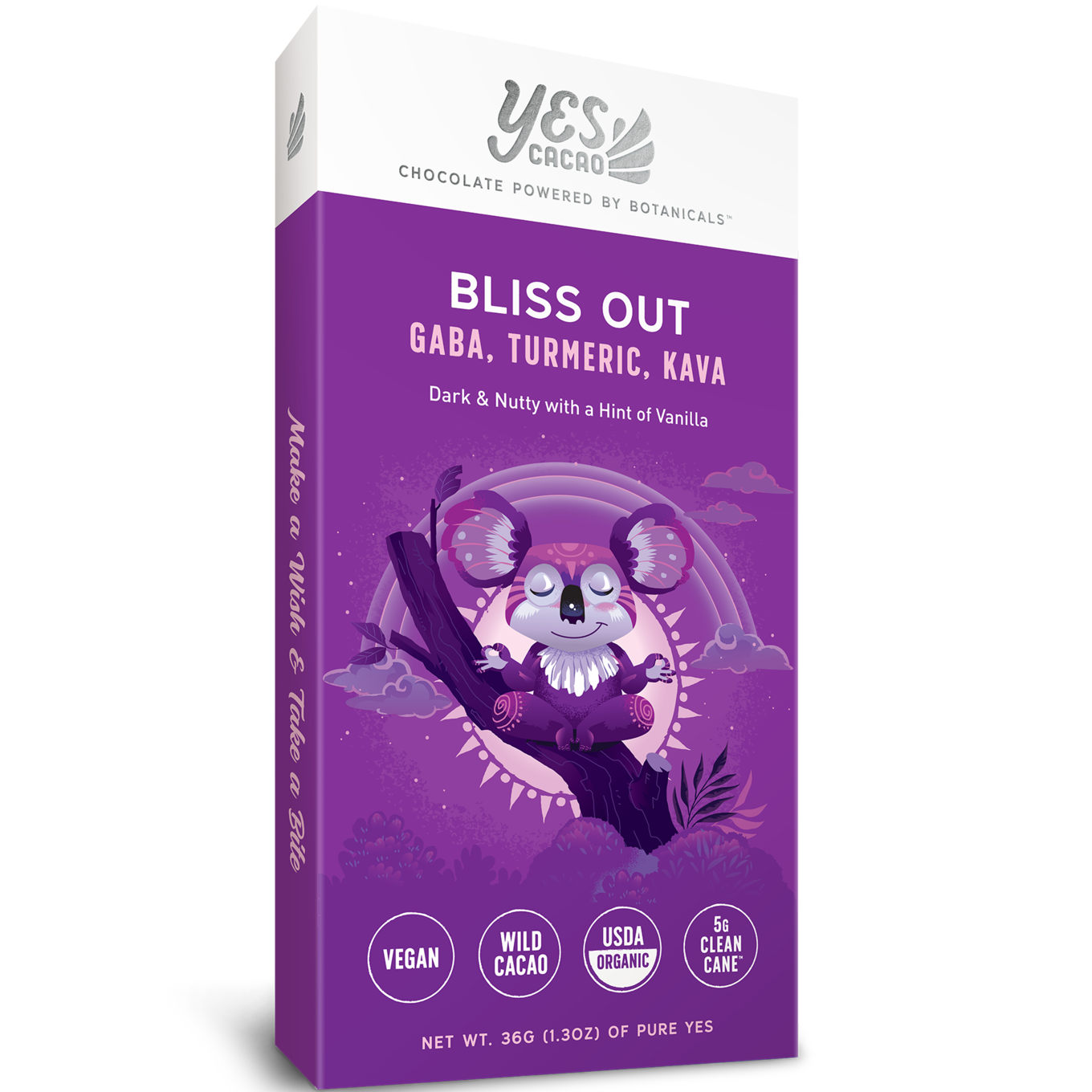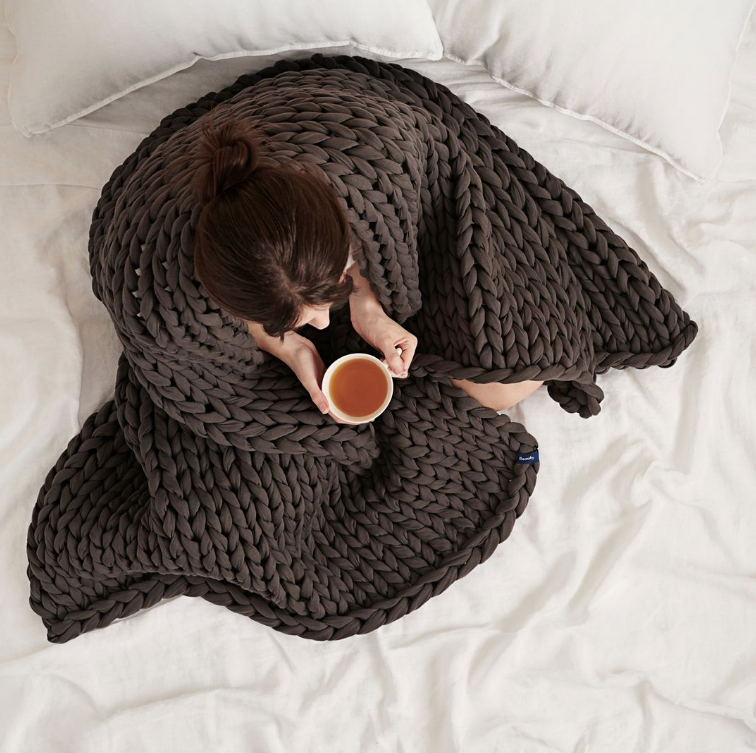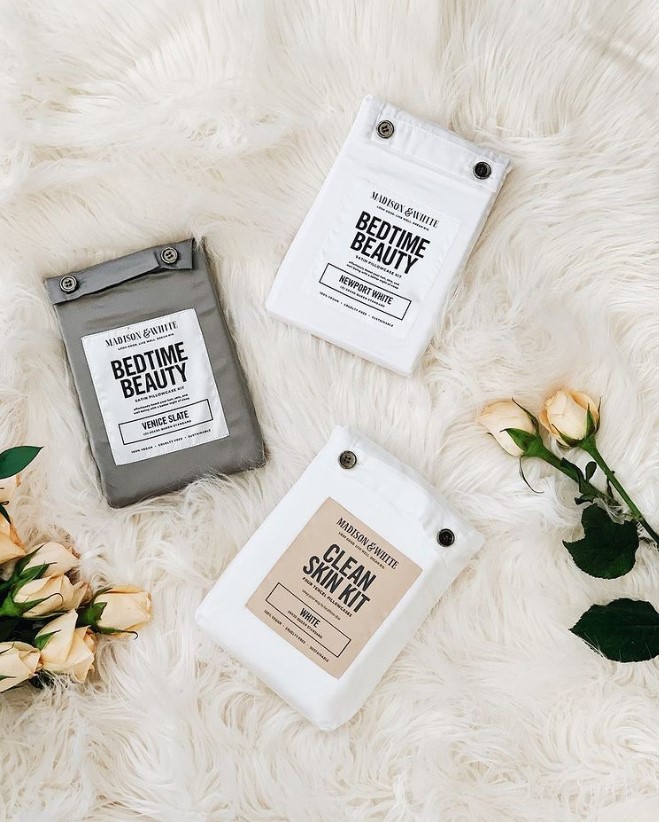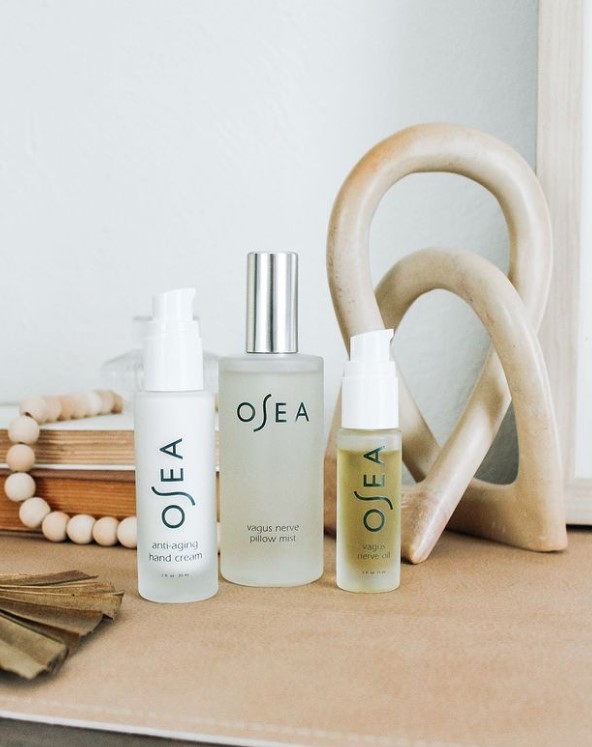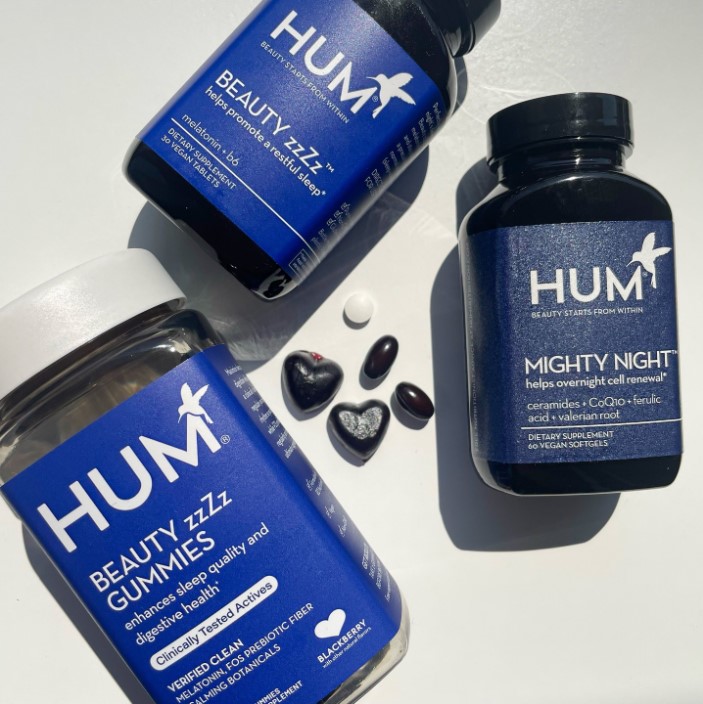From insider.com
- Tsuki Harris is a vegan personal trainer, nutritionist, and bodybuilder.
- Eating enough protein helps her perform at her best and maintain her physique.
- She combines protein sources in meals, eating lots of beans, nuts, and hummus.
Tsuki Harris is a qualified personal trainer and nutritionist who has competed as a bodybuilder for over 10 years.
She's also vegan — but that doesn't stop her eating enough protein to hit her physique and performance goals.
Consuming enough protein is important for everyone, regardless of their activity levels, and US adults are advised to eat at least 50 grams daily. Active people need more protein to help to repair and rebuild muscle after exercise though.
"Protein is an essential part of any diet as it plays an important role in the formation of tissues in the body including skin, muscles, and tendons," Harris told Insider. "We also need it for physiological processes such as metabolism, because protein supports the formation of substances such as enzymes and hormones."
As a vegan, the key is to combine foods — this is how you ensure meals provide "complete" proteins, meaning they provide all nine essential amino acids.
Most plant-based protein sources are not complete on their own, but when you combine them they tick all the amino acid boxes. Harris likes doing this by eating rice with beans or peanut butter on toast, for example. Other options are chickpea curry with couscous, rice and lentils, or beans on toast.
"There are some 'complete' plant-based proteins, such as quinoa and soy products, which offer the complete amino acid profile that we need," Harris said.
Don't ignore fats, carbs, and micronutrients at the expense of protein though, not to mention eating foods you enjoy, Harris said, adding that a balance of everything will keep you feeling good and help you perform at your best.
1. Chickpeas, lentils, and beans
Harris regularly buys legumes (for example, beans, lentils, and peas) which provide protein as well as carbs and fibre. She mixes up her beans, buying cannelini, pinto, kidney, and black beans.
Canned legumes are also cheap, so Harris always keeps them in her kitchen cupboard, she said.
2. Seitan
Seitan is a meat substitute made from gluten, and a staple in Harris' diet.
"You can pre-cook seitan pieces and store them in your fridge for a day or two before you decide to use them," she said. "Preparation is key."
Harris also keeps some plant-based meat alternatives in her freezer as she loves a burger (with sweet potato fries) and they're a good source of protein, but they're generally expensive so she doesn't eat them all the time, she said.
3. Fortified snacks and shakes
Harris boosts her protein intake by snacking on vegan protein balls, bars, and shakes, which are particularly helpful when on the go, she said.
A lot of plant-based protein snacks also have the benefit of being good sources of fiber, Harris added.
4. Nuts and seeds
Harris regularly buys "all the good fats" and loves snacking on nuts, nut butters, and seeds. "Personally I love peanut butter, brazils, cashews, and pumpkin seeds," she said.
These foods provide both fat and protein.
"You'll be surprised at what contains protein and it all adds up to your daily total," she said.
5. Hummus
Harris is a "big fan" of hummus and eats "everything dipped in it," she said.
Hummus provides fibre too, and is another protein source most people forget about, she said.
https://www.insider.com/best-vegan-high-protein-foods-bodybuilding-2023-3




